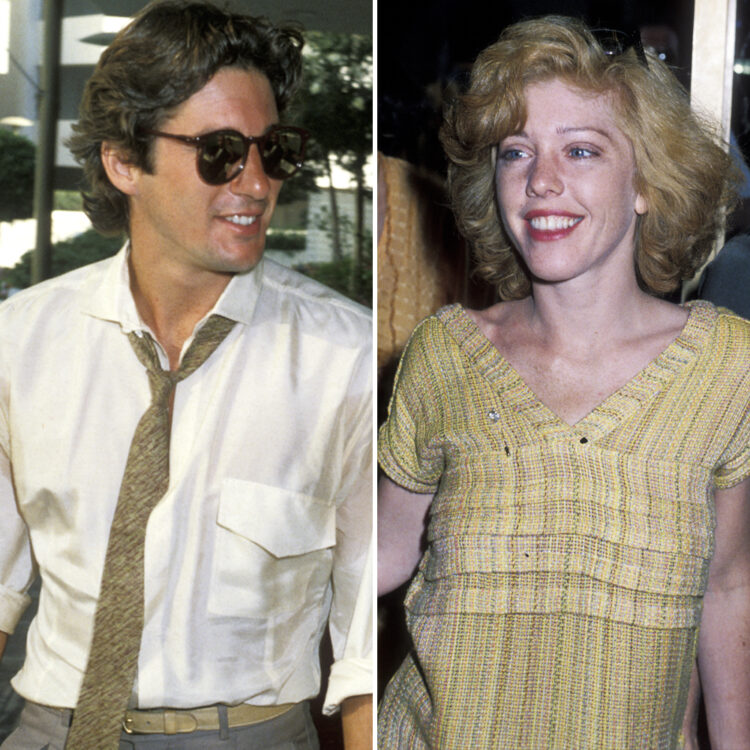archive

In the world of film and television, the portrayal of nudity has often sparked debates about artistry, personal choice, and the implications of body image. Recently, actress Penelope Milford has made headlines for her latest nude scene that has both captivated and shocked audiences. Known for her versatile acting skills and her compelling performances, Milford's recent work has once again placed her in the spotlight, raising discussions on the importance of vulnerability in acting, especially as it relates to her storied career.
Penelope Milford, who gained recognition in the 1970s for her roles in films like “Coming Home” and “The Last Detail,” has always been a figure of artistic integrity. As an actress who has navigated the complexities of Hollywood, her choice to partake in a nude scene in her latest project has been met with mixed reactions. Some applaud her bravery in embracing her body and challenging societal norms, while others question the necessity of nudity in storytelling. This duality reflects the broader conversation around nudity in cinema, where it can sometimes be seen as gratuitous or, alternatively, as a powerful form of self-expression.
In her latest project, titled "The Silver Lining," Milford plays a character that embarks on a journey of self-discovery and liberation. The nude scene is pivotal, acting as a metaphor for shedding societal constraints and embracing one’s true self. It serves as a turning point for her character, who must confront her past and her relationship with her body. This context adds depth to the scene, positioning it as more than just a visual element but rather an integral part of the narrative arc.
The discussions surrounding Milford’s scene are not just about her physical appearance, but also about the implications of age and beauty in Hollywood. At a time when many actresses face ageism, Milford’s choice to embrace nudity in her later years sends a powerful message about body positivity and the acceptance of aging. She challenges the traditional notions of beauty that often exclude women over a certain age, reinforcing the idea that all bodies have value and can tell meaningful stories.
Social media reactions to her nude scene have been varied. Fans have taken to platforms like Twitter and Instagram to express their admiration for her courage. Comments such as “Penelope is an icon, and this scene proves that beauty transcends age” have flooded her posts, showcasing the support she has garnered from a new generation of viewers. Conversely, some critics argue that the scene could perpetuate the idea that female worth is tied to physical appearance, sparking debates about the portrayal of women in media.
Milford herself has addressed these concerns in interviews, emphasizing her belief that nudity can be an empowering choice rather than a degrading one. She encourages younger actresses to own their bodies and to view nudity as a form of artistic expression rather than something to be ashamed of. “Nudity is just another tool in an actor's toolkit. It can be used to convey vulnerability, strength, and authenticity,” she stated in a recent interview. This perspective has resonated with many, contributing to a more open dialogue about the role of nudity in film.
As the release of "The Silver Lining" approaches, anticipation continues to build around Penelope Milford's performance and the conversation surrounding her latest nude scene. It serves as a reminder that the film industry is evolving, and with it, the narratives surrounding women's bodies. By embracing her choices, Milford not only challenges the status quo but also inspires others to reflect on their own perceptions of beauty, vulnerability, and the power of storytelling through performance.
In conclusion, Penelope Milford's latest nude scene is more than just a moment of exposure; it is a courageous statement about body positivity, artistic expression, and the evolving nature of femininity in Hollywood. As audiences prepare to watch her performance, they are also invited to engage in a larger conversation about representation, the aging process, and what it means to be truly authentic in an industry that often prioritizes youth over experience.
© CelebsNudeWorld.com 2026

 English
English